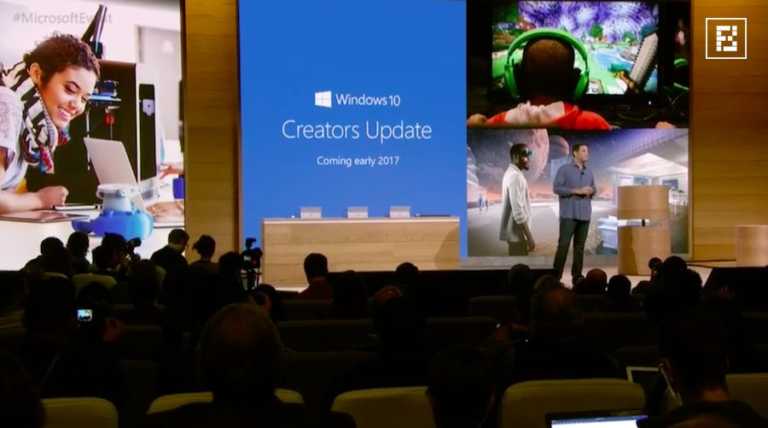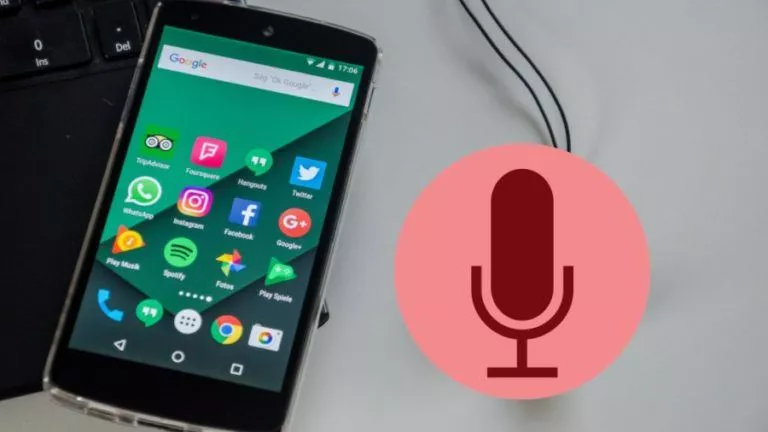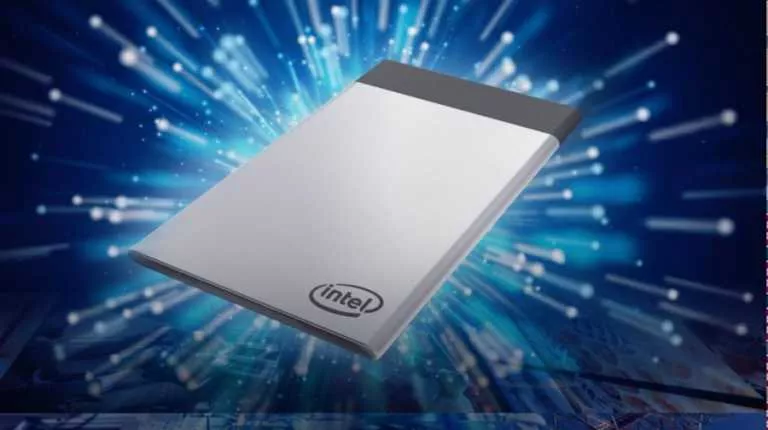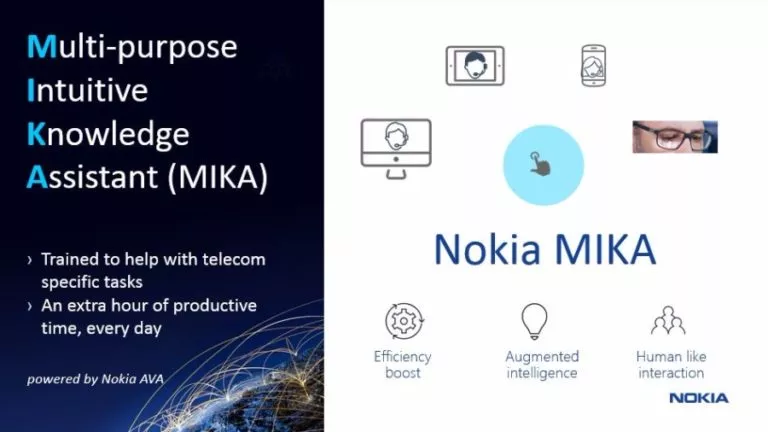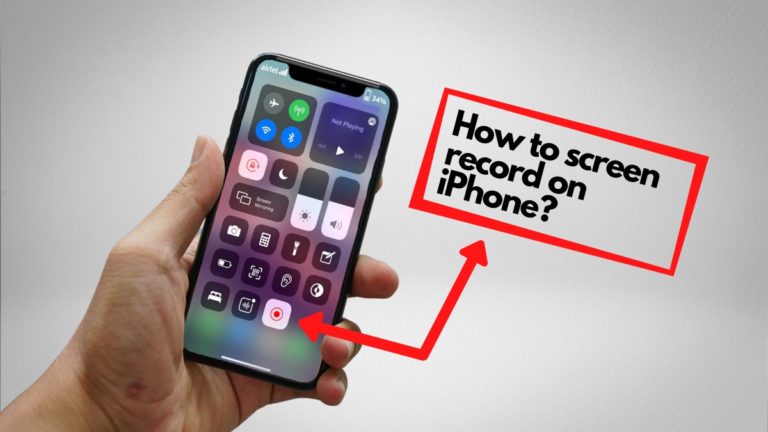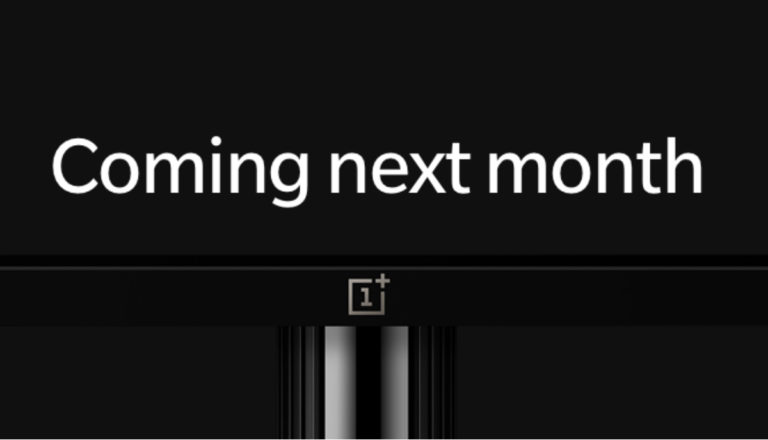Why Closing Background Apps in iPhone, Android To Save Battery is a Bad Move?
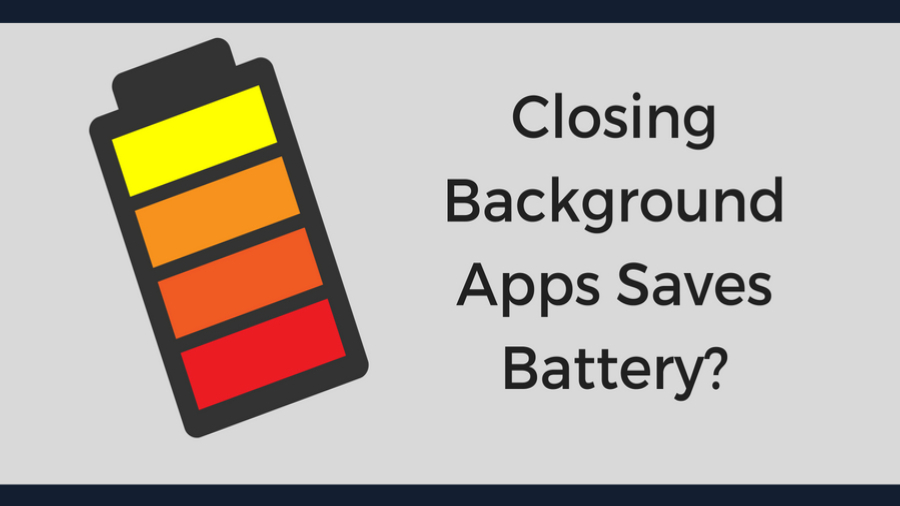
Many people believe that closing apps save battery which is but simply a myth. If you are one of the persons who kill background apps after using them, we must tell you that it is not doing any good for your battery life.
Instead, it is hampering the performance of your smartphone’s battery negatively. The myth that closing background apps saves battery has been religiously worshipped over the years by iPhone and Android users alike.
In fact, many online portals are flooded with questions such as “Do background apps drain the battery?”, “Do background apps save the battery?”, “Should you force close apps to save battery?” and many other questions.
It’s time that we step in as Mythbusters. But before moving ahead, you should know what are background apps.
What Are Background Apps?
Background apps or background app refresh is when apps that are not running use your phone’s resources. This may happen when an app uses mobile data to fetch new information, run ads, or show notifications.
If you disable backgrounds apps and their refresh, you won’t get any notifications unless you open the app. In some cases, disabling these apps may end up consuming more resources when you restart them.
So it is best to limit background refreshes. The low power mode on iPhone and Android automatically does that. So if you’re closing apps to save battery, you may use the low power mode.
Does Closing Background Apps Save Battery?
No, closing background apps does not save your battery.
The main reason behind this myth with closing background apps is that people confuse ‘open in background’ with ‘running.’ When your apps are open in the background, they are in a state where it is easy to re-launch them. This does not mean that the apps in the background are using much of your resources.
Resources are accessed by the apps open in the background only when a background process is involved, such as uploading a file, location tracking, playing audio. This stands true for Android as well as iOS devices.
In fact, closing background apps uses more battery. When you force quit an app, you are using a portion of your resources and battery for closing it and clearing it from RAM. Moreover, resources will be used when you open it again leading to an increased usage of the battery.
Hiroshi Lockheimer, Vice President of Engineering for Android once tweeted “(closing apps in the background) could very slightly worsen unless you and algorithm are ONE (you kill something, system wants it back etc).”
Meanwhile, you can also check out our article on how to check ram usage on android smartphones here!
Does Closing Apps Saves Data?
Closing background apps would not save much of your data unless you restrict background data by tinkering with the settings in your Android or iOS device.
Some apps use data even when you don’t open them. Background data refers to the data used up by apps to check notifications.
Therefore, if you turn off background data, notifications will be stopped until you open the app. By restricting background data, you will definitely save money on your monthly mobile data bill.
How To Save Battery Life On Android And iOS?
If you want to improve the battery life of your smartphone, you can make use of the following tips instead of closing background apps:
Turn off Notifications for Frequently Used Apps
Reducing notifications is one of the efficient means to optimize battery life. Turning off notifications for some apps could be helpful.
If you don’t want to miss notifications, you can alternatively increase the time taken by apps to sync. However, very few apps allow you to increase the time interval for synchronizing notifications.
Minimize Data Usage
You can restrict background data of applications that are rarely used. This can be done by revoking the permission granted to apps to use background data.
Turn Off Vibration for Notifications and Calls
Vibration on receiving notifications and calls is undoubtedly a handy feature. However, every time your phone vibrates, a small vibration motor installed on your device runs and consumes battery.
You can turn off vibration if you want to optimize battery life.
Use Adaptive Brightness
Most smartphones have the option of tracking the services that are hogging your battery. You will be surprised to see that ‘Screen’ will top the list of the services.
You can extend the battery life of your mobile phone by using adaptive brightness or by keeping it to the minimum when indoors.
Get A Darker Wallpaper
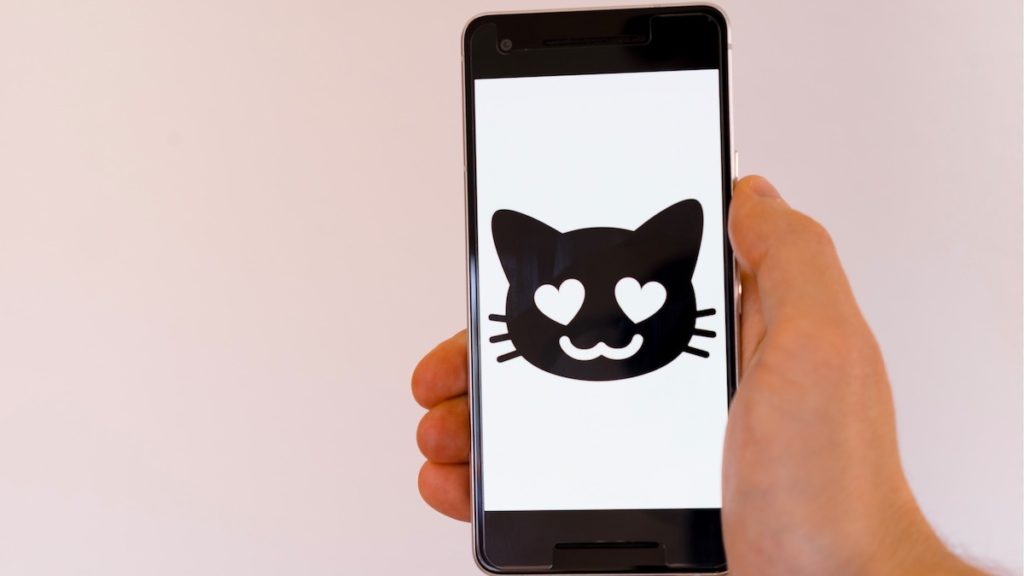
Most modern smartphones pack OLED displays. So the darker wallpapers with more blacks means more pixels on the screen are actually off.
It is also proven that brighter wallpapers take more juice from your phone. So switch to a dark wallpaper and maybe turn on dark mode to save some percentage points.
Turn off background apps
If you are planning to save battery juice, you can try turning off apps running in the background.
Go to Settings > Apps and go to specific apps that you want to force stop and turn off background data. This will stop apps running in the background to save battery.
Battery performance & apps running in background
The myth revolving around the relation of closing background apps and battery performance has been busted. You are not saving your battery by frequently quitting background apps, but this habit of yours is worsening the performance of your smartphone’s battery.
You can adopt the tips mentioned above to improve battery life in Android and iPhones. iPhone users can also track app usage and limit screen time to save battery.
Closing Apps To Save Battery FAQs
No, leaving apps open doesn’t drain your phone’s battery. It rather conserves the resources that it takes to relaunch the app.
Apps refresh in the background to fetch updates, notifications, or run ads.
Your phone’s screen and camera are the most power-consuming parts. You can dial down the screen brightness or even reduce the refresh rate to save battery.
Yes, phones with AMOLED screens can save some battery with dark mode. This is so because the dark parts of the screen don’t consume any energy in dark mode.

